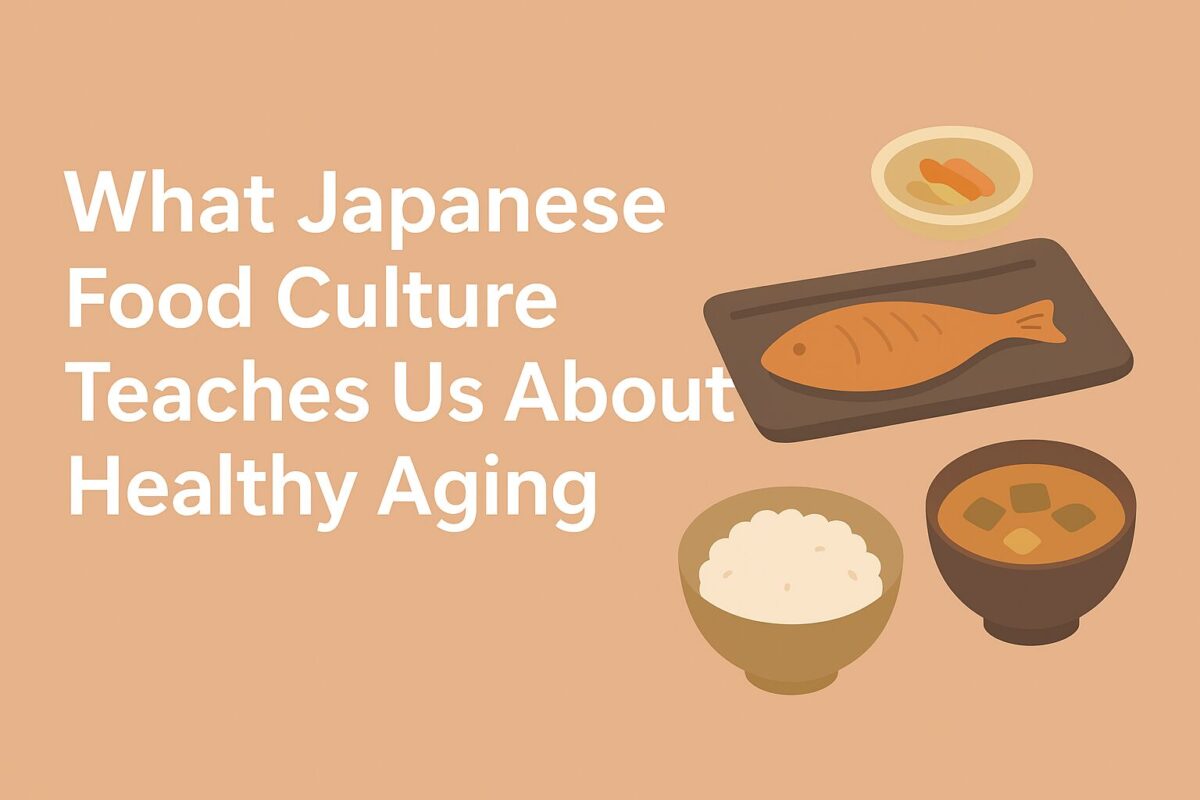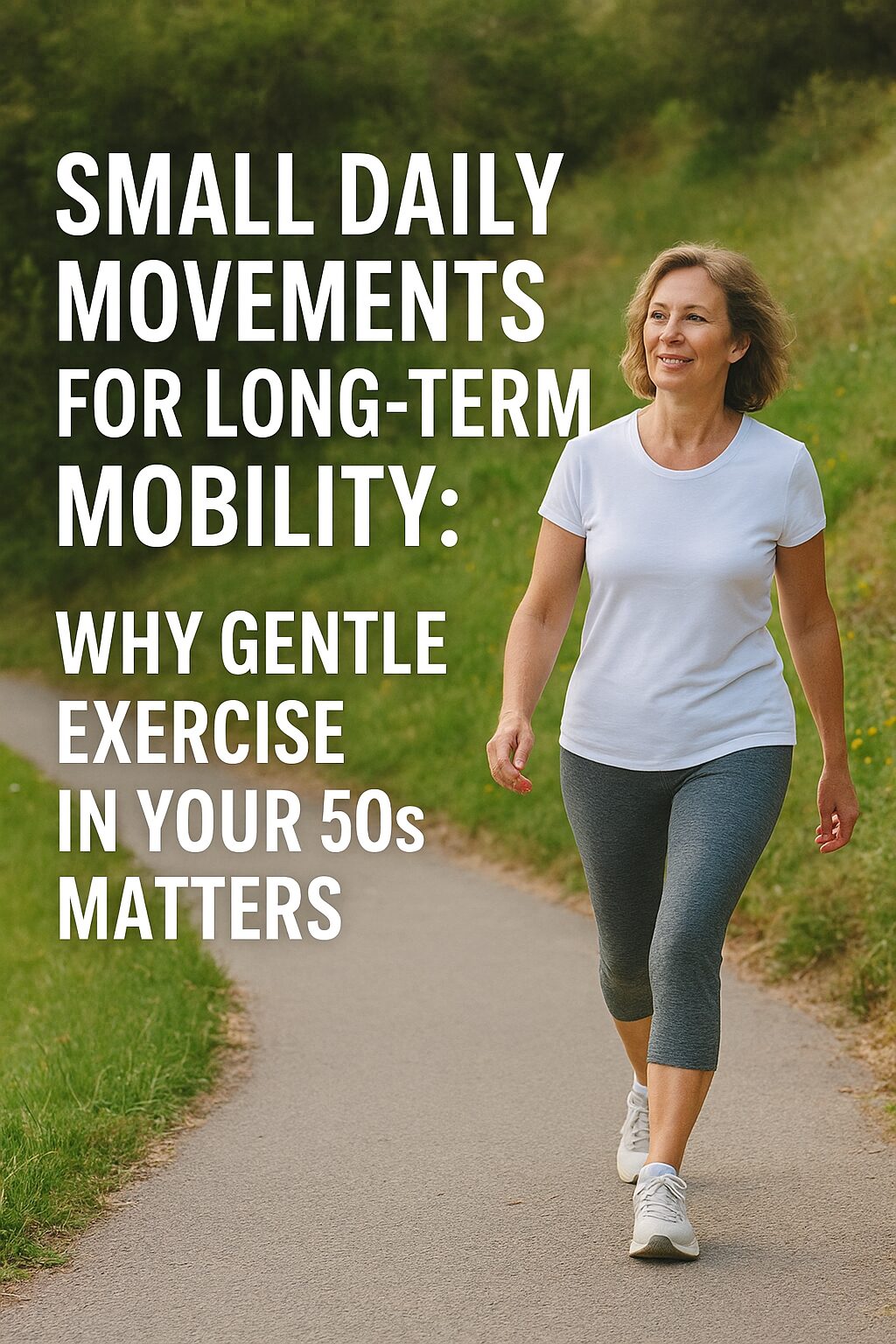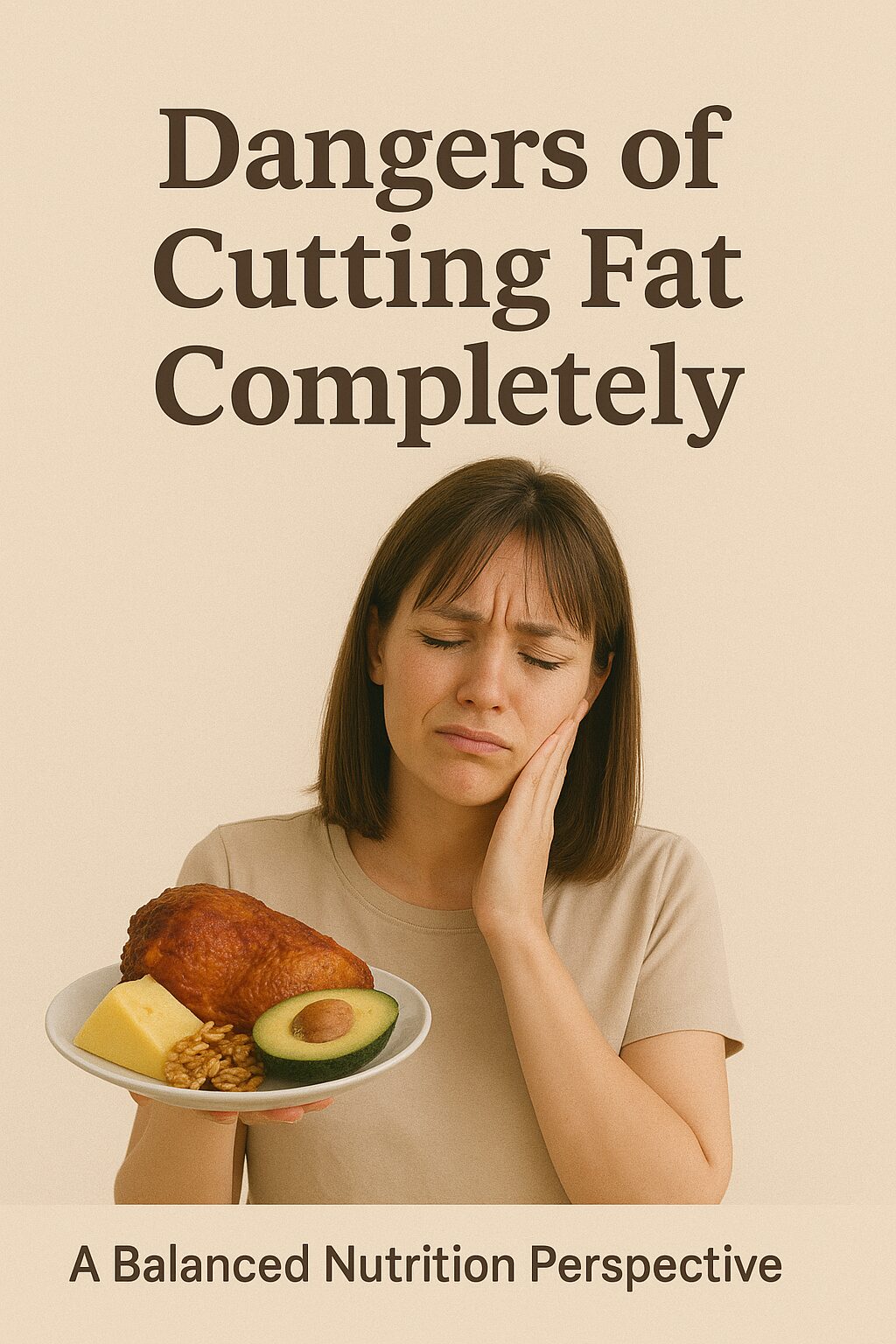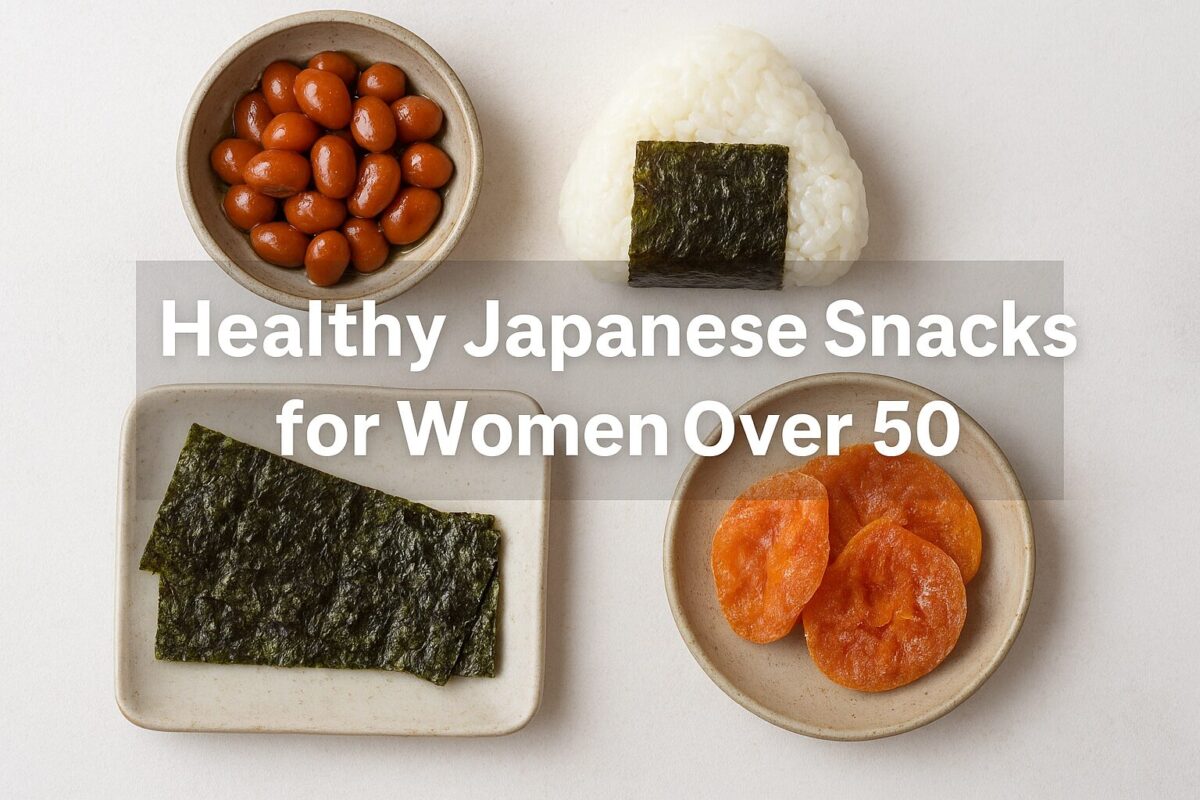Japan is known for having one of the highest life expectancies in the world. Many Japanese people live active, independent lives well into their 80s and 90s. While modern medicine plays a role, one of the greatest secrets behind this longevity lies in Japan’s traditional food culture.
Rooted in balance, simplicity, and respect for natural flavors, Japanese cuisine offers powerful insights into how we can eat—and live—better as we age.
The Foundation of Flavor: Dashi and the Power of Umami
What Is Dashi?
At the heart of Japanese cooking is dashi, a light broth made from kelp (kombu) and dried bonito flakes (katsuobushi). Unlike rich Western stocks, dashi is delicate, low in fat, and full of natural minerals and amino acids.
Why It Matters for Aging
Dashi enhances umami, the fifth taste that creates satisfaction and depth. Because foods rich in umami taste naturally savory, people tend to use less salt and oil without losing flavor. This helps protect heart health and maintain a balanced diet as we get older.
Gentle Nourishment
Dashi-based dishes—like miso soup or simmered vegetables—are light yet nourishing, supporting good digestion and nutrient absorption. This gentle approach to cooking keeps the body in balance and prevents overloading the system with fats and additives.
Low-Fat, High-Plant Protein Eating
Fish and Soy at the Center
Unlike Western diets that rely heavily on red meat, the Japanese diet emphasizes fish and plant-based proteins. Grilled fish, tofu, and natto (fermented soybeans) provide lean, nutrient-dense protein sources that support heart, muscle, and bone health.
The Benefits of Soy
Soy foods contain isoflavones—plant compounds that mimic mild estrogen activity. For women over 50, these compounds can help maintain bone density and support hormonal balance naturally.
Juveriente® Effisoy® harnesses the power of fermented soy isoflavones, providing a natural way to ease menopause symptoms while promoting inner balance—just as traditional Japanese diets have done for centuries.
Cooking the Healthy Way
Japanese meals are often steamed, simmered, or grilled rather than fried. These methods bring out the natural flavor of ingredients and avoid excess oil, helping maintain healthy cholesterol and body weight.
The Power of Fermented Foods for Gut Health
A Daily Tradition
Fermented foods are everywhere in Japan—from miso and soy sauce to pickles and natto. These probiotic-rich foods feed the gut microbiome, supporting digestion, immunity, and even mood stability.
Why It Matters Over Time
Healthy gut flora helps regulate inflammation and nutrient absorption. As we age, maintaining a balanced microbiome becomes essential for preventing chronic diseases and keeping energy levels stable.
Easy Ways to Try It
Even small additions can make a difference—start your morning with miso soup, add pickled vegetables to your lunch, or include yogurt or fermented soy in your meals.
For more on the benefits of probiotics and aging, visit Harvard Health Publishing.
Mindful Eating and Portion Balance
The Practice of “Hara Hachi Bu”
In Okinawa—one of the world’s famous Blue Zones—people follow the rule of hara hachi bu, which means “eat until you are 80% full.” This helps prevent overeating and keeps calorie intake moderate without feeling deprived. [Blue Zones]
Eating Slowly and Appreciating Food
Meals in Japan are usually served in small dishes, each with a different flavor or texture. This encourages slow eating and awareness of taste and fullness, allowing the digestive system to work efficiently.
The Social Side of Eating
Japanese culture values shared meals and social eating. This not only promotes emotional well-being but also creates a sense of community—a proven factor in longer, healthier lives.
Applying Japanese Food Wisdom to Your Life
Start Simple
Healthy aging doesn’t require dramatic changes. You can begin by adding one bowl of miso soup a day, grilling fish twice a week, or using dashi instead of heavy sauces.
Stay Consistent
Consistency is key. The benefits of a balanced diet and gentle lifestyle habits build up over decades, not days.
Support from Nature
Combining Japanese-style nutrition with natural support—like Juveriente® Effisoy® for hormonal balance—can make midlife and beyond more vibrant, naturally.
Final Thoughts
Japanese food culture teaches us that aging well is about harmony, not restriction. Light, balanced meals; gentle seasonings; and mindful eating all support the body’s natural rhythm.
By embracing even a few of these practices, you can enjoy better energy, stronger bones, and improved digestion—while savoring the simple joy of food.
Healthy aging doesn’t require perfection. It starts with small, consistent steps—something the Japanese have mastered beautifully for generations.
Juveriente Effisoy: A Natural Solution for Hormonal Balance and Energy Restoration
Juveriente®’s Effisoy® offers a natural solution to combat age-related fatigue by supporting hormonal balance. Launched in 2016, Effisoy® is based on fermented soybean germ extract, a traditional Japanese ingredient known for its potential to ease menopause symptoms and improve overall vitality.
Effisoy® works by boosting the body’s natural synthesis of DHEA, a hormone precursor crucial for maintaining balanced hormone levels. As we age, the body’s ability to produce DHEA declines, contributing to symptoms of fatigue and decreased energy. Effisoy® helps restore this balance by enhancing the body’s own hormone production processes. It supports hormonal balance safely, without introducing external hormones, allowing your body to regulate its hormone composition naturally.
This balance not only aids in reducing age-related fatigue but also promotes healthier skin and overall well-being. While Effisoy® benefits both men and women, it has become especially popular among women experiencing menopause, helping to alleviate symptoms like fatigue, mood swings, and skin aging.
By addressing the hormonal changes associated with aging, Juveriente®’s Effisoy® provides a natural and effective way to restore energy levels and combat age-related fatigue, helping you feel more vibrant and energized as you age.
Here are some of the real product reviews in our Amazon shop.
“Restful sleep finally!!”, “I Am Now Free of Hot Flashes!!”, “Lifesaver”





































